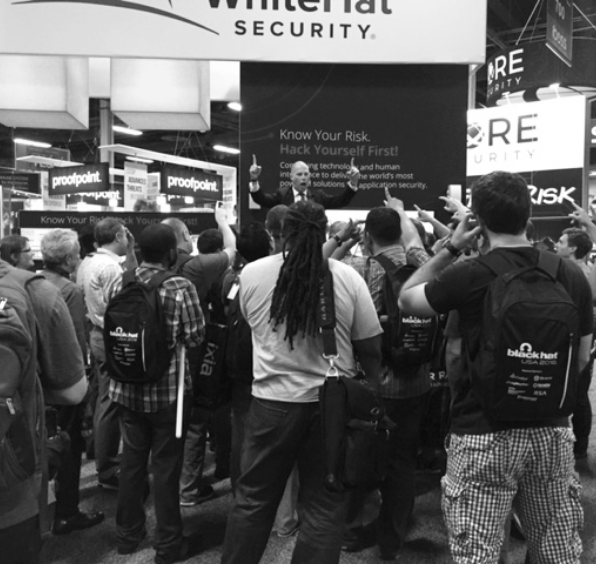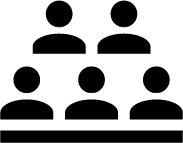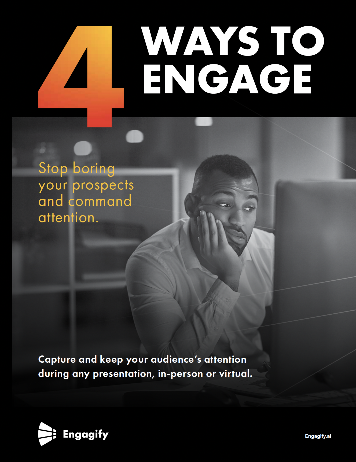Booth design, marketing, and lead generation are just a few important pieces for a successful trade show. But one of the most important aspects (and perhaps the most memorable) is the technique you use the day of the show. From adequate preparation and social media presence to answering questions on the floor and building out an engaging booth, here are five essential exhibiting tips every trade show booth exhibitor should know!
Set clear goals and plan ahead
One of the most important things you can do before a trade show is to plan well ahead of the scheduled event. It is never too early to start! Inform your team of travel dates so they can book flights before the cost goes up, and secure room blocks before the hotel sells out.
In addition to event logistics, pre-show campaign planning is key. Are you launching a new product around the same time as the event? Do you have big news to share during the week of the show? Do you need to print product sheets and order giveaways? Start preparing emails for the trade show at least four to six weeks before the event. It’s a good idea to inform your audience of your presence at the trade show and use email as a platform to announce any important news, teasers, and opportunities to meet the team.
Create an engaging – and strategic – exhibit
It’s no secret that the most important part of any trade show is the booth itself! Be sure to book your booth slot early to ensure a prime location, and make sure you’re aware of any display restrictions so there are no last-minute surprises. For instance, some shows don’t provide Wi-Fi or charge a fortune for access.
Don’t block your booth entrance with a long table – instead, put tables in the back and make the booth a welcoming space where visitors can come in, sit down, and chat. Lighting, audio, video, colorful signs, banners, and posters are all great ways to attract attention and boost your professional image. And as always, think about everything that could go wrong and make sure you’re prepared for it: things like pens, extension cords, scissors, tape, hand sanitizer, and bottled water.
Bring marketing materials and offer giveaways
Have flyers, brochures, spec sheets, media kits or whatever the audience calls for, in your booth. Bring twice as many business cards as you think you can use. Promotional items, such as pens, tote bags, etc. (as well as candy) also draw people to your booth.
And of course, fun giveaways equal more traffic! Invest the extra money in a giveaway or activity to attract attendees, and don’t be afraid to get creative in your offerings: we’ve seen everything from slot machines with cash prizes to frozen margaritas! These types of offerings will help break the ice, open your visitors to conversations and, hopefully, get you set up with some qualified leads.
Promote through social media
Social media promotion is key these days for the success of any trade show booth. Have your top employees send out blasts to your target audience a few days prior to the main event, and directly engage with the buyers who plan on attending the trade show through Twitter, Facebook, and Instagram. Don’t forget to keep posting throughout the entire course of the trade show, too! Live stream your exhibit on Facebook for all of your followers to see.
Come up with a special hashtag for the event, too. You can use this to track who stops by your booth and interacts with your content. This interaction is a great tool to help you find success with your target audience online in a fun and easy way without hounding them to make a sale.
Debrief and follow-up after the show.
Schedule a debrief call with your team after the trade show. Take notes on what worked well and opportunities for improvement. Did you have a good booth location and enough traffic? Did your messaging resonate with attendees? These notes will be helpful when determining what to change as you begin planning for the next trade show.
Post-show follow-up is crucial. Make sure all leads are uploaded into your customer relationship management (CRM) software and shared with your sales team within 48 hours of the conclusion of the event. This data provides insight into booth traffic, number of qualified leads, and potential opportunities for your business and all of it can be used to build historical data related to trade shows and provide justification for attendance at future events.




